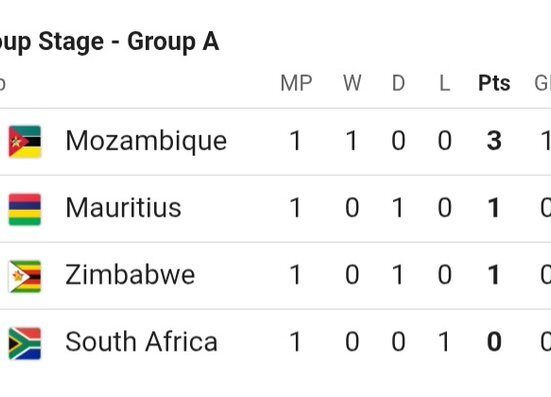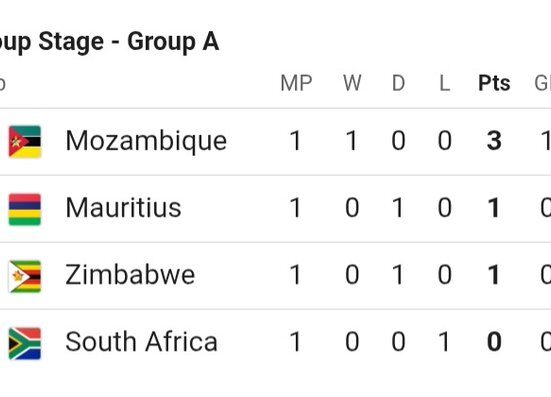Lawyers representing Tanzanian opposition leader Tundu Lissu have taken a bold step in their quest for justice. Lissu, the influential figurehead of Tanzania’s leading opposition party, Chadema, and the second-place finisher in the 2020 presidential race, found himself in a dire situation following his arrest on charges of treason. This grave accusation stemmed from alleged remarks urging his supporters to disrupt the national elections scheduled for October. As the legal battle unfolds, Lissu’s legal team has turned to the United Nations Working Group on Arbitrary Detention, seeking to exert international pressure for his immediate release.
While Tanzania’s government has remained tight-lipped on the matter, the arrest of Lissu has not gone unnoticed. President Samia Suluhu Hassan, who has been commended for fostering a more open political atmosphere, now finds herself under scrutiny for the mysterious disappearances of government dissenters in recent times. Despite her assurances of upholding human rights and launching investigations into the reported abductions, questions loom large over the state of civil liberties in the country.
Renowned international lawyer Robert Amsterdam, representing Lissu, has strategically lodged a confidential complaint with the UN working group, a move aimed at galvanizing a global outcry against Lissu’s alleged wrongful detention. Although the working group lacks the authority to enforce its decisions, this maneuver forms part of a broader strategy to amplify the calls for justice. The European Parliament has already condemned Lissu’s arrest as politically motivated, with indications that efforts are underway to lobby the US government for punitive measures.
Amsterdam’s warning reverberates across borders, signaling a firm stance against those involved in what he describes as a “false show trial.” The specter of sanctions looms over individuals implicated in Lissu’s case, underscoring the gravity of the situation. Tanzania’s response to international censure has been dismissive, attributing criticisms to biased or incomplete information. The silence from the US State Department further complicates the diplomatic landscape surrounding Lissu’s plight.
The narrative takes a chilling turn with the account of two foreign activists who were detained by authorities while attempting to attend Lissu’s court proceedings. The subsequent ordeal they endured, marked by torture and abandonment near their respective homelands, casts a dark shadow over the state’s treatment of dissenting voices. Despite calls for accountability, Tanzanian officials have remained silent on the disturbing allegations, further fueling concerns about the erosion of fundamental rights.
President Hassan’s caution against external interference underscores the delicate balance between sovereignty and international scrutiny. As the legal battle intensifies and the spotlight on Tanzania’s human rights record grows brighter, the fate of Tundu Lissu hangs in the balance. The echoes of past violence, exemplified by the unsolved assassination attempt that left Lissu riddled with bullets, serve as a stark reminder of the risks faced by those who challenge the status quo in Tanzania.
In a world where political dissent and state power collide, the case of Tundu Lissu emerges as a poignant reminder of the enduring struggle for justice and accountability. As international actors weigh in on the unfolding drama, the implications for Tanzania’s democratic future and the broader landscape of human rights advocacy reverberate far beyond its borders. The resolution of Lissu’s case stands not only as a test of Tanzania’s commitment to the rule of law but also as a litmus test for the global community’s resolve to uphold fundamental freedoms in the face of adversity.
The narrative of Tundu Lissu encapsulates the complex interplay of politics, law, and human rights, underscoring the need for unwavering solidarity in the face of repression. As the legal battle unfolds and international pressure mounts, the world watches with bated breath, hoping for a resolution that upholds justice and sets a precedent for safeguarding democratic values worldwide.









Leave feedback about this